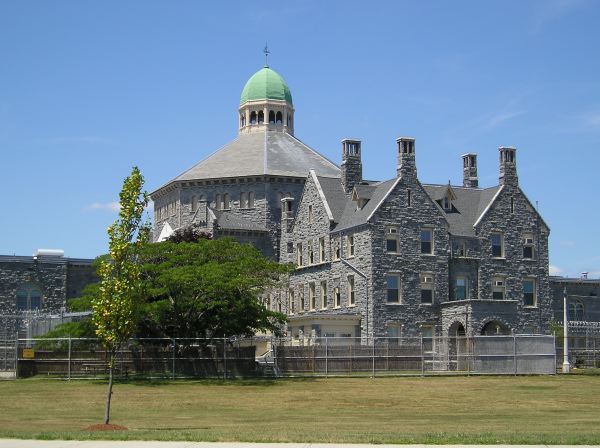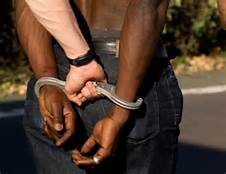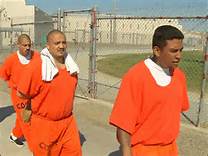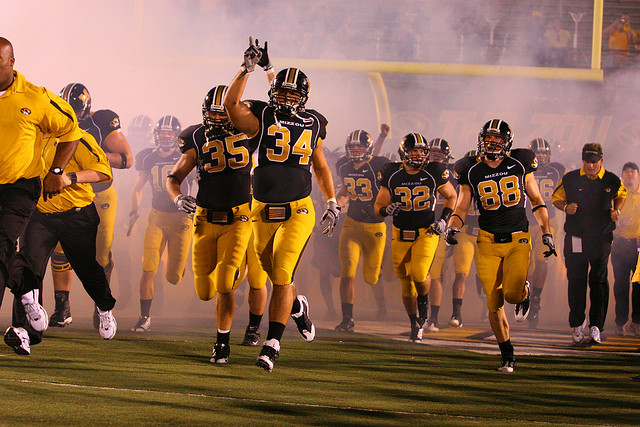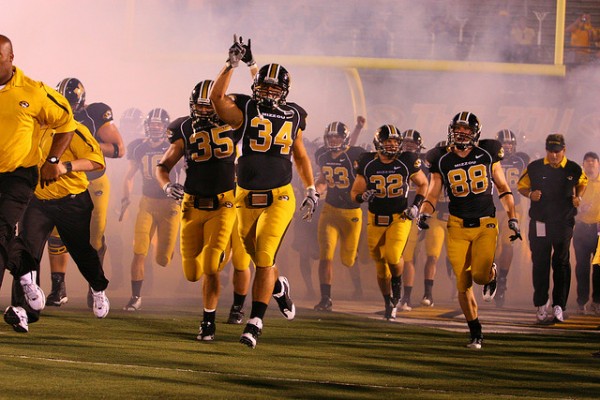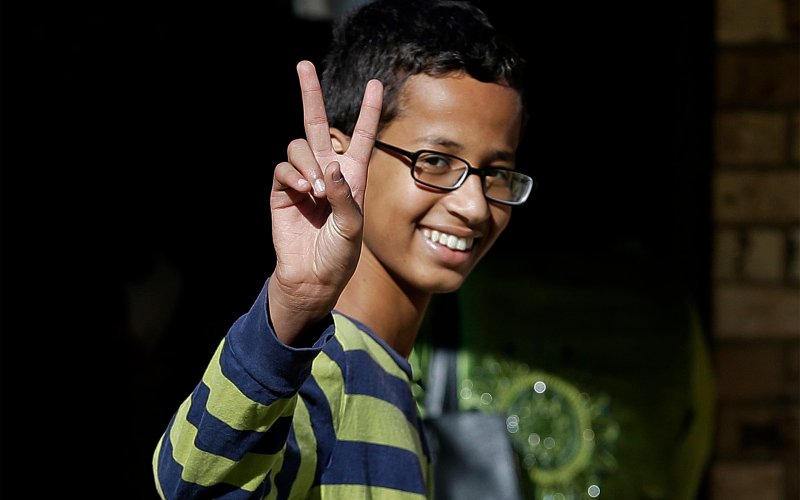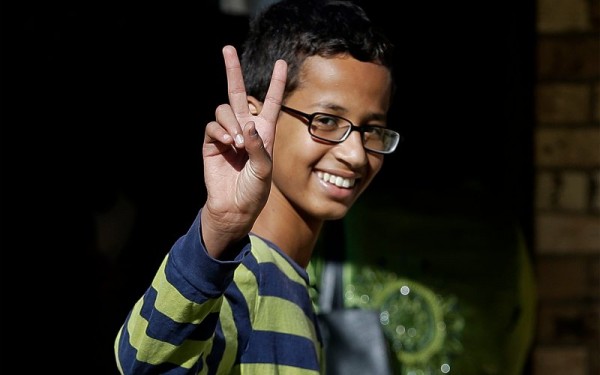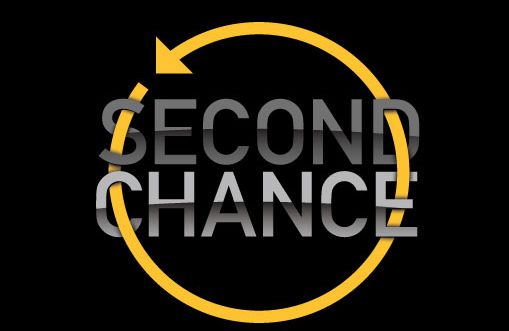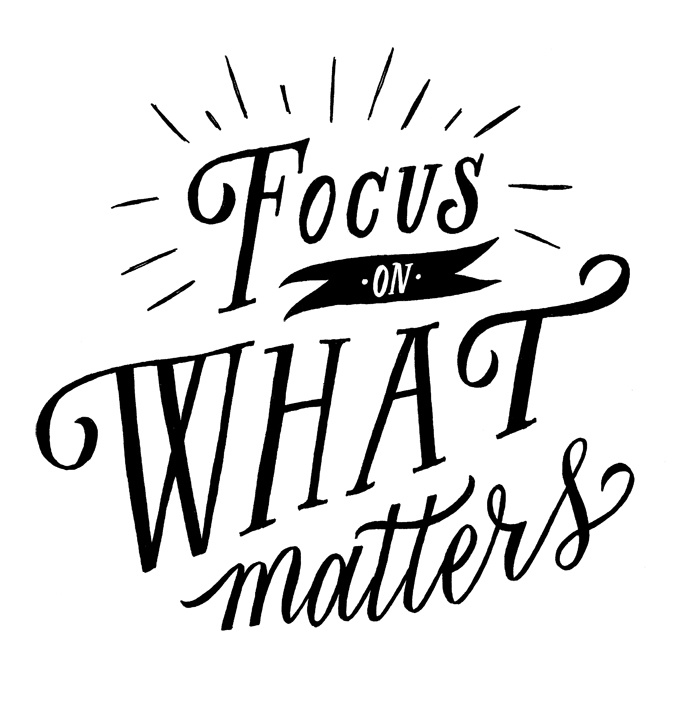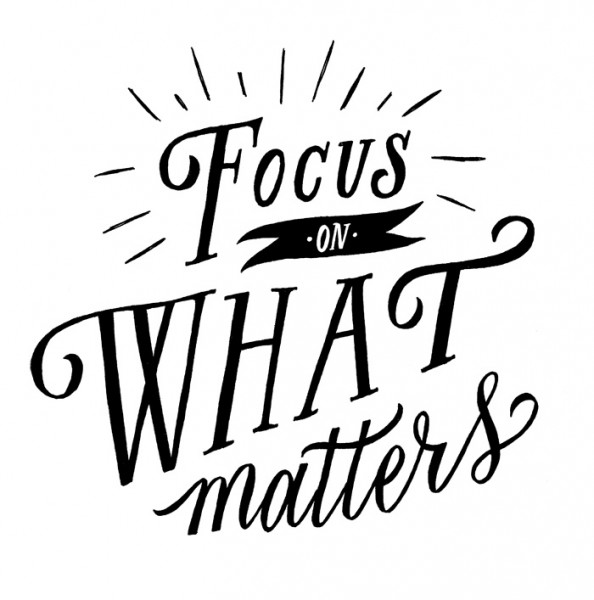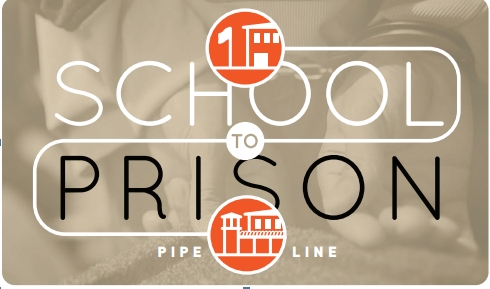We must come up with a good program to put men and women into a position to reenter society after their prison sentences (because let’s face the truth, with a few exceptions, everyone has a release date). When this date comes, do we:
- Want this released person believing in him/herself, knowing that it’s going to be hard, but also being prepared because they have a work and learning ethic and a sense of self worth so that we have a slight chance? Or do we
- Want someone who has used their prison sentence to fine-tune their criminal ways? Most of society doesn’t bother to think about this until someone reoffends and it hits close to home.
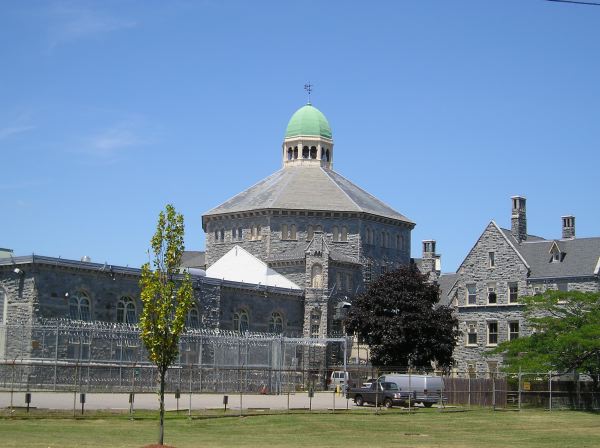 Now, in order to construct a true re-entry program, it has to start with the courts, and in conjunction with the men and women that court affects. The courts should know what they need to see in a prisoner in order to not have to see them again. And we offenders should know what we need to do in order to not see the court again. What I am advising is a small-scale thing for now, to see if it would work.
Now, in order to construct a true re-entry program, it has to start with the courts, and in conjunction with the men and women that court affects. The courts should know what they need to see in a prisoner in order to not have to see them again. And we offenders should know what we need to do in order to not see the court again. What I am advising is a small-scale thing for now, to see if it would work.
Let’s start by having someone from an HR department come and teach us (prisoners) how to fill out a job application, how to dress for an interview, and how to research the company that you’re applying to. Second, let’s instill some type of skill in people who are going to be released. The state and the DOC subcontracts millions of dollars a year—why not have, as a part of the bidding process, that contract include teaching a few pre-release inmates? This training could be in anything: electricity, plumbing, computer repair. These are all things that each facility at the ACI could make room for.
Most of us could succeed upon release—we just need a fighting chance. Yes, we should have thought of the consequences before we committed our crime, and yes, there are citizens who should be put before us in programs like this. Many people would say “why should the taxpayers help? They will just mess up again!”. This line of thinking is understandable and valid.
But still, something needs to be done. If nothing is done, people will keep going back to prison at high rates. We also need something in this place to help us cope with re-entry. We do appreciate the programs that are offered to us, we just need some more that we can relate to (like a program that deals with special situations, like how to resolve conflicts before they get aggressive). We need to learn to be productive and responsible citizens. We need to know that we can atone for our mistakes, and we need to see that there are success stories. These are the people that we need to meet as we are preparing for release, like people from the small business community, so that they can teach us how to reintegrate! These are the people we should be learning from.
Frequently, program instructors in prison are teaching curriculums from a text. But we also need hands-on learning—believe it or not, we have people who are eager to learn if the right environment is provided! Overall, we need a program where the concept is rehabilitation and not incarceration. These are two vastly different ideas, and the powers that be will have to make that choice.
No matter what people in Rhode Island are sentenced for, 90% of them have release dates, and they will be back in the community at some point. The state has the wherewithal to put together a such a pilot program if it chooses.
The DOC alone has an annual budget of $211,537,766. All this money to incarcerate, and so little to rehabilitate! Why not use what we have to help those that want to help themselves?
The right people put together with the same common goal would be able to construct a pilot release program that benefits all—we just need one person in power to make it work.

